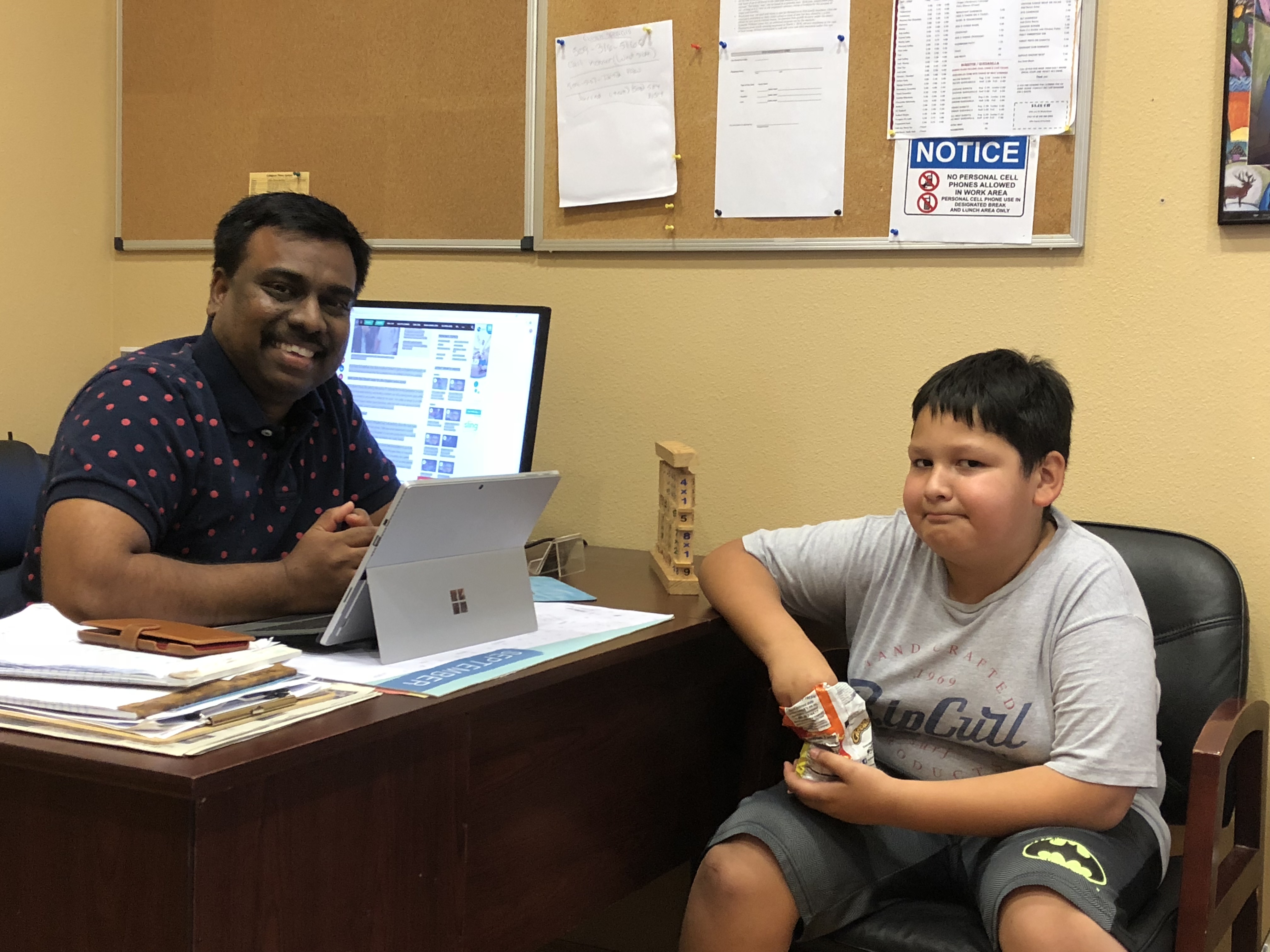A Trust Building Approach
This week at the Collegium Café I was playing Chess with the kids. It was a normal day; it was noisy with lots of different activities taking place. I suddenly heard Jose, a 10-year-old boy, use language considered derogatory. His reaction came after he lost the chess game. He could not digest the fact that he had lost the game. Jose finds it difficult to accept defeat, as he is very passionate about winning.
Shortly after, Rachel, I, and Alicia Magallon (CASA) spoke to Jose privately and asked him to be more considerate of others with his language in the future. We also spoke to him about being influenced by negative peers and how it could affect his behavior. Jose initially tried defending himself but soon realized that he was wrong and patiently listened to us. As is customary he was asked to tell his parents about what had exactly happened and then report back to us. Alicia spoke to Jose’s parents the next day and they confirmed that he told them about what had happened, that he was sorry for what he did and assured them that he would never do that again.
The next day Jose came back to the Collegium and apologized for his behavior. I asked Jose why he decided to apologize. He simply said that he was wrong and felt bad for what he had done. He told me that he knew that all of us are looking out for him and were trying to help him be a good boy.
I personally commended Jose for what he did after the incident. Not only did he take responsibility for the way he behaved, he also genuinely apologized for his actions. He then, as directed told his parents that he was guilty for behaving badly at the Collegium. It was wonderful to see how Jose responded to what he did and acknowledge his mistake.
It is common knowledge that children today have easy access to many negative influences. Whether it is negative peer influence, lack of positive, engaged parenting, or easy access to social media and modern day technology, unfortunately children are an easy target. The fact is that every child deserves a parent, family member, friend, or neighbor they can connect with, who can be a guiding source and help them distinguish between right and wrong in a way that they are not overwhelmed.
Jose has developed a relationship with us over time and feels comfortable having conversations with us that are meaningful. This hasn’t happened overnight and has taken some time. Our approach was simple. We gave him love and helped him feel at home. It feels so good that he is willing to change his ways, and I believe that is due to the fact that he trusts us and knows that we wish the best for him.

